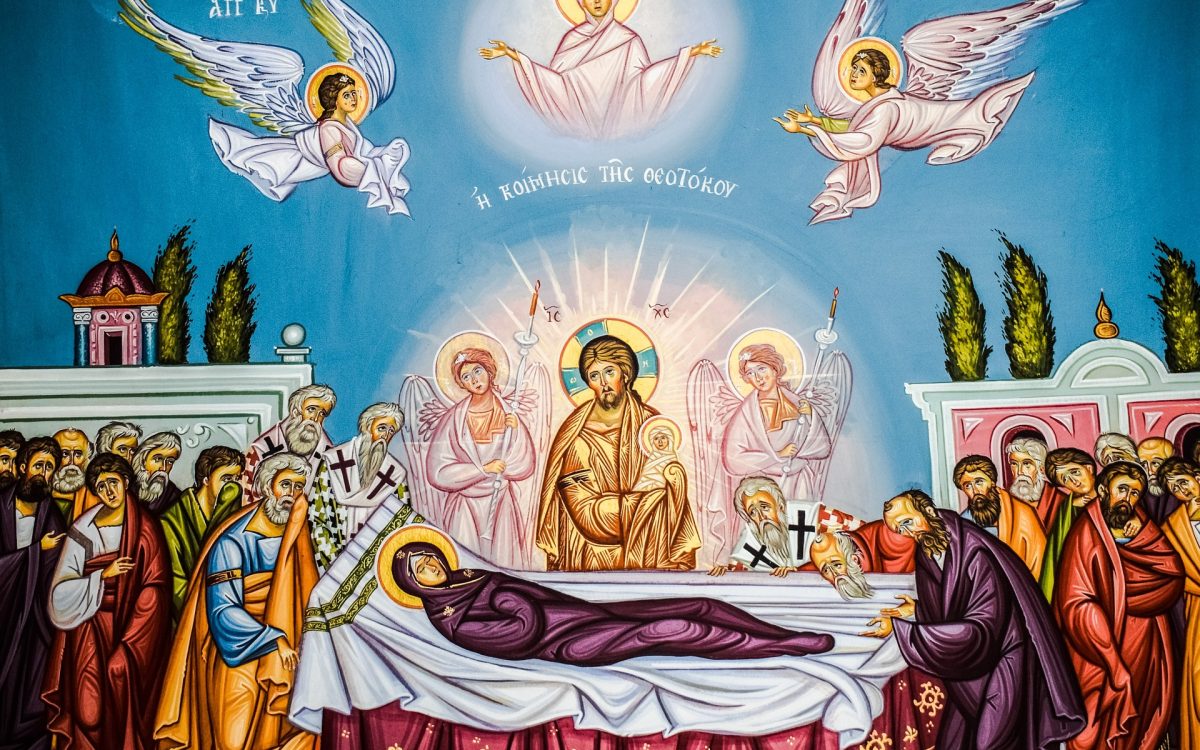The Assumption of Mary is a feast that challenges many Christians. While it may seem amusing to non-Catholics, it is considered obvious by many Catholics. However, there are also Catholics who find the feast intriguing. The idea that God took Mary to heaven, body and soul can be difficult to grasp because our natural course of life includes birth, life, death, and for believers, resurrection. Therefore, those who find it hard to understand why God changed this rule for Mary should not be seen as illogical. On the contrary, they should be considered practical individuals.
As I meditated on the Feast of Assumption this morning, many questions crossed my mind. If Christ himself died, why was it necessary for Mary to be taken to heaven, body and soul? What message is God trying to communicate to humanity through this feast?
It is a fact that Christ died, but what’s absurd is not Christ dying but that God, in Jesus of Nazareth, became human. Besides, sometimes, I hear people express that certain actions within the Church are not what Christ would have wanted. For example, they believe only specific individuals should perform certain tasks because Christ did not do them.
What is More Important Than Christ Dying?
To such people, I only say there is nothing more unusual than for God to become human. The dying of Christ, in itself, is nothing compared to his incarnation. We have been so used to that fact that we forget that God and humanity are simply two impossible realities. It is like having the day and the night simultaneously, without displacing each other. That Christ is truly God and truly human is the highest way for God to defy all our understanding. Yet, “the Word was made flesh and dwelt among us” (John 1:14).
Why did Mary Need to be Taken to Heaven, Body and Soul?
To this also, I say that the highest question is not why Mary was taken to heaven, but why was she chosen to be the mother of God? When we read the annunciation passage, we overlook the details of the narrative.
“In the sixth month of Elizabeth’s pregnancy, God sent the angel Gabriel to Nazareth, a town in Galilee, to a virgin pledged to be married to a man named Joseph, a descendant of David. The virgin’s name was Mary.” (Luke 1, 26-27).
In the annunciation narrative, God disrupts the sacred history in various ways. For instance, the Angel was sent to an insignificant city called Nazareth (you might not know it, but it is), a town in Galilee. Although we tend to overlook this little detail, the narrator did not add it in vain. Furthermore, the Angel was not sent to anyone we might know, but to a virgin (a young lady), with no other known attributes about her except that her future husband was from the house of David.
Here again, we often read the virginity reference as a virtue; however, in this context, the narrator is not interested in Mary’s virtuousness. Instead, he focuses on the fact that Mary had no social status in Israel. She was unmarried (virgin) and from a low background in Nazareth, with no vital family ties aside from being betrothed to Joseph. Indeed, already in the annunciation narrative, God started disrupting the sacred history through Mary.
Why is the Assumption of Mary significant?
Throughout sacred history, only a few individuals are believed to have avoided death. Two examples of such individuals are Enoch, a patriarch known for his faithful walk with God (Gen. 5:25), and Elijah, a prophet who was taken away in a heavenly chariot (2 Kings 2:11). These two events serve as powerful messages from God to the Universe. Enoch is still celebrated as a pillar of faith as a patriarch, and the author of the letter to the Hebrews describes him as someone who “pleased God” (11:5).
Through the Assumption of Mary, God continued the disruption of sacred history, which began with the incarnation, by elevating a humble woman to a rank previously reserved for only two individuals. This act of lifting the lowly and sending the rich away empty exemplifies God’s actions throughout history. The feast of the Assumption is a celebration of God’s ongoing work in fulfilling the promise He made when He chose Mary, a woman of humble background, to play a pivotal role in His plan.
What message is God conveying to humanity through Mary’s Assumption?
In summary, the Feast of Assumption is not for Mary but for the entire humanity. It signifies God’s decision to alter the traditional cycle of life – birth, life, death, and resurrection – by granting Mary a direct path from life to resurrection. This may sometimes appear out of tune in today’s society, but God has always surprised us in different ways. He began this pattern when he became human in Jesus and later died for us. And even today, he continues to reveal himself in unexpected ways. I often imagine God playing tricks on the Church, even through Pope Francis.
As we commemorate this day, let us take a moment to acknowledge those difficult times when God has subtly altered the course of the Church’s history.







1 Comment
Hi there friends, its wonderful post on the topic of educationand entirely explained,
keep it up all the time.